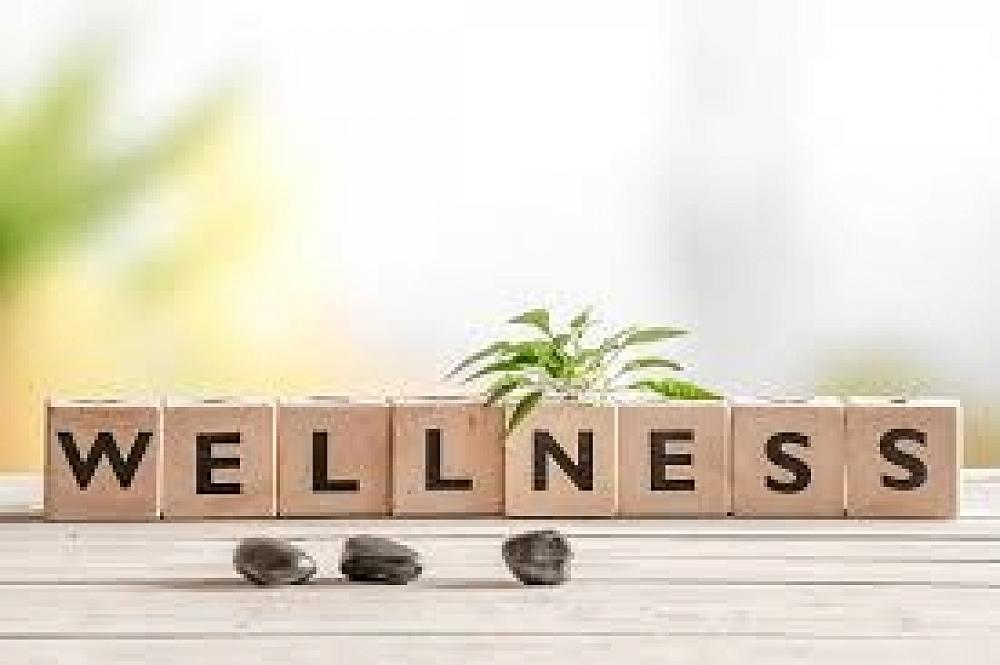
Mental Wellbeing
While there are things that we can’t control at the moment, there are things you can do to boost your mental wellbeing and that of your loved ones.
1. Stay connected
This is important for our wellbeing and helps to make us feel safer, less stressed and less anxious. We can support each other to get through this. While we are limiting social contact to contain the spread of COVID-19, there are still lots of ways we can connect.
2. Acknowledge your feelings
It’s completely normal to feel overwhelmed, stressed, anxious, worried or scared in the current situation. Allow yourself time to notice and express what you’re feeling. This could be by writing thoughts and feelings down in a journal, talking to others, doing something creative or practicing meditation. Talk with people you trust about your concerns and how you’re feeling. Reach out to others.
3. Stick to routines where possible
Try to go to sleep and wake up at the same time, eat at regular times, shower, change your clothes, virtual coffee dates with friends or do your chores. Meditating and exercising can help you to relax and have a positive impact on your thoughts. Try not to increase unhealthy habits.
4. Check-in on other people who might need help
Reaching out to those who may be feeling alone or concerned can benefit both you and the person receiving support.
5. Seek accurate information from legitimate sources
You may find it useful to limit your media intake. Get the facts from covid19.govt.nz to help distinguish facts from rumours. Seek information updates at specific times once or twice a day.
6. Don’t be afraid to seek further professional support
For support with anxiety, distress or mental wellbeing, you can call or text 1737 to talk with a trained counsellor for free, 24 hours a day, 7 days a week.
7. Continue existing mental health treatment if possible
Notice if your symptoms are getting worse. Talk to your GP, counsellor, caseworker or mental health team about how they can continue supporting you. Can your appointments take place over the phone, via email, text or video chat? What tips do they have to help you get through? Who can you call if you need help urgently?
